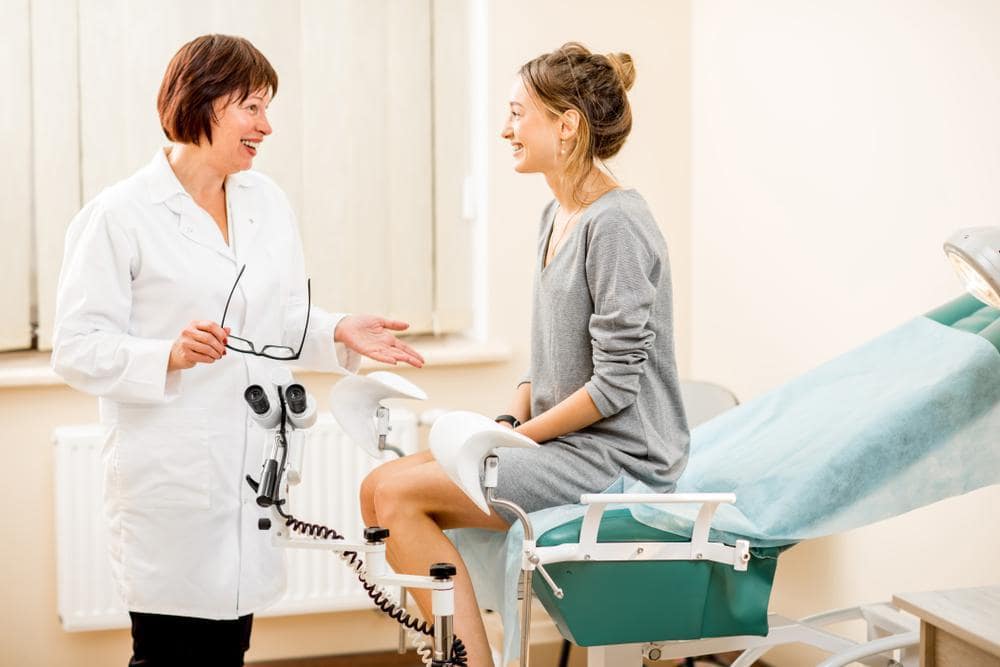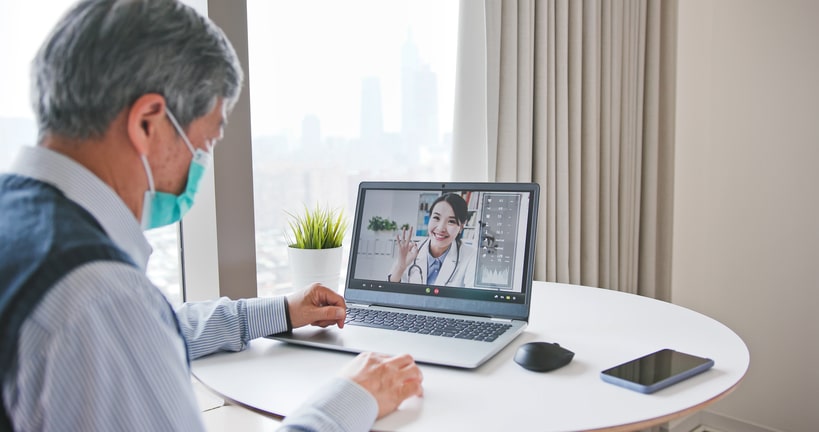Did you know that the week of May 9-15 is Women’s Health Week? During this time, we’d like to shed light on common women’s health issues and the various women’s health services that our team of providers at Family Urgent Care offers in our Schererville, Indiana and Chicago, Illinois offices.
Common women’s health issues
Though men and women experience many of the same health issues (e.g., colds, flu, arthritis, etc.), many health conditions only affect women.
The following health issues impact the reproductive systems and organs of women:
- Endometriosis
- Yeast infections
- Uterine fibroids
- Ovarian cysts
- Gynecologic cancer, including ovarian and uterine cancer
- Interstitial cystitis
- Polycystic ovary syndrome (PCOS)
- Menstrual conditions, including PMS
Some health conditions affect both men and women, but tend to affect women disproportionately. In other words, men can experience the following conditions, but they tend to impact women more frequently and/or differently than men:
- Urinary tract infections
- Bladder infections
- Sexually transmitted diseases
Breast cancer can also develop in men, but the difference is startling: 1% of breast cancer cases are men, and the remaining 99% are women.
Detecting common problems with a women’s health visit
It can be alarming to read through a list of common women’s health issues, but awareness is the first step toward preventing and detecting any potential issues. During a women’s health visit, we focus on issues that are important to you, including menstrual health. A women’s health visit at Family Urgent Care can including the following elements:
Pelvic exam
A pelvic exam is a visual examination of your reproductive organs. This includes both your external and internal organs.
Pap test
A Pap test, often called a Pap smear, is a screening test that checks for precancerous changes in the cells of your cervix. Abnormal cellular changes can alert you to the potential risk of cervical cancer in the future, allowing you to get treatment before the precancerous cells turn into cancerous cells.
Breast exam
A breast exam is a physical examination designed to detect any lumps or growths in breast tissue. Regular breast exams can help you detect the earliest changes, allowing you to receive any necessary treatment as soon as possible.
Not sure how to perform a self-breast exam? We can teach you too. Ideally, you should perform a breast exam on your own once per month.
Pregnancy testing
We offer on-site pregnancy testing. If you suspect you might be pregnant, we can confirm your pregnancy with a blood and/or urine test.
Sexually transmitted disease (STD) testing
The symptoms of STDs can mirror other infections, including yeast infections. To make it more confusing, you may or may not have symptoms. If you have concerning symptoms, or if you’ve been exposed to an STD, we can diagnose and treat STDs.
Prioritize your health
In honor of Women’s Health Week, do something for yourself. There are many ways you can prioritize your health. Here are a few ideas to get you started:
- Adopt a new healthy habit like walking or biking
- Incorporate more exercise into your daily routine
- Drink eight glasses of water each day
- Try adding new nutrient-dense foods to your meal plan
- Practice good sleep hygiene
- Make an appointment for a women’s health exam if you’re due for one
To learn more about our women’s health services or to make an appointment at Family Urgent Care, call the location of your choice today. You can also request an appointment with our online booking tool.


























